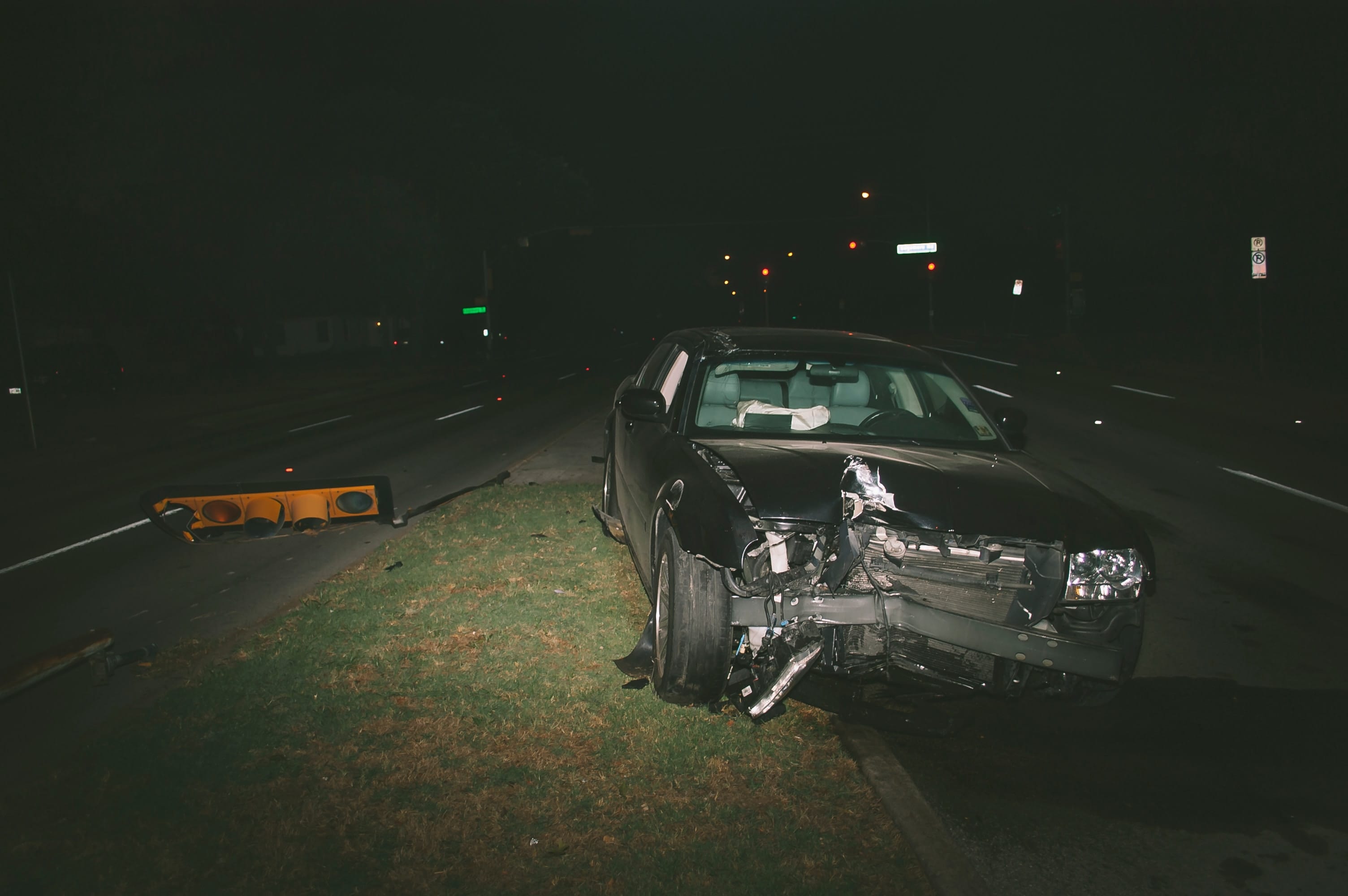Evidence is crucial not only for dealing with insurance, but for dealing with a possible lawsuit.
Car accidents are inconvenient at best, traumatic when they are bad, fatal at worst. A car accident could leave you miraculously unharmed or seriously injured. After any car accident, you can bet that your insurance provider will get involved, and things can go smoothly, or you will have to fight for coverage. After an accident, it is important to think about collecting evidence that can be useful to your case. Useful evidence might include anything that proves the extent of your injuries and proves the other driver was at fault for the collision.
If you are physically able, you should begin collecting evidence immediately after the accident. With a camera on every cell phone, it is easy to record videos and pictures of the accident scene for evidence. You can also talk to people who may have witnessed the accident, just in case you need eyewitness testimony later down the line. However, if you are injured, your first move should be to get immediate medical attention. Evidence does not always disappear after an accident, and you can still recover some important information later, especially if there was a police report made.
Important Evidence Immediately After a Car Accident
Some evidence may be collected right after an accident happens. Remember, you should not push yourself to collect evidence if you are injured. Sometimes drivers are able to exit their wrecked cars and walk about the accident scene, but other times they are severely hurt and need help. If you think you might be injured, call 911 for help immediately.
If you are relatively unharmed, you can begin collecting evidence while you await emergency services and the police. Insurance companies and courts usually want some proof that an accident occurred, and pictures or videos can be very useful. Most people use their phones to record photos and videos of the accident scene, which can be easily emailed to insurance companies or lawyers.
Once the authorities arrive on the scene, they will want to make a report of the accident. It is important to pay attention to what other drivers say to the police. It is also crucial to be careful what you tell the police. If you say something like, “I’m so sorry, I can’t believe I did this,” your statements could be construed as admissions of wrongdoing. However, if you hear another driver say something similar, you may be able to use those statements to prove they caused the accident. A police report also contains important info, so get a copy for yourself.

Finally, take a quick look around for anyone who may have witnessed the accident. In cases where arguments about who is to blame become heated, eyewitness testimony may become necessary. You can take down the name and contact information of anyone who saw the accident that is willing to help. Remember, not every state requires proof of fault before an insurance payout. However, proof of fault may be important in a personal injury lawsuit.
Evidence from a Car Accident to Collect Later
Not all evidence is available immediately after a car accident. Certain types of evidence may only become available after additional investigation or inspection. This could be evidence about how the accident happened or evidence of your vehicle damage and injuries.
After a car crash, it is important to have both your vehicle and yourself checked out. You should get medical attention as soon as you can, even if you think you feel fine. Sometimes, injuries are internal and not outwardly visible. The adrenaline from the shock and trauma of the ordeal sometimes causes people to feel little to no pain, even when they are seriously injured. A doctor can tell you how bad your injuries are and what kind of treatment you will need. This evidence helps prove the extent of your damages and what the insurance company or at-fault driver owes you.
Just like drivers need to see doctors, vehicles need to see mechanics. A mechanic, body shop, or insurance adjuster can assess your car’s damage and tell you if it can be repaired or if it is totaled. The cost of repairs or the expense of a replacement vehicle should also be claimed in your case. Courts and insurance companies will definitely want proof of damages before ordering or making payments.
Evidence from Experts About a Car Accident
In particularly contentious cases, accident reconstruction may be necessary. Accident reconstruction involves experts who analyze evidence from the accident scene and offer an opinion as to how everything happened. They can use evidence like photos of skid marks, information about how fast you were driving, notes on how your car was damaged to reconstruct the accident.
Accident reconstruction can be very expensive and is not necessary for every car crash. This kind of evidence may be necessary when fault must be determined and both parties are adamant that the other is to blame. If this sounds like your case, you should consider speaking to an auto accident attorney as soon as possible.
Final Notes on Evidence in Car Accidents
Unfortunately, car accidents are a part of our everyday existence. With so many cars on the roads and highways, accidents both big and small are inevitable. Evidence is crucial not only for dealing with insurance, but for dealing with a possible lawsuit. Different states may have different requirements for dealing with car accidents: some states make you go through insurance first, while other states allow you to file a personal injury lawsuit right away. In either case, gathering evidence is of the utmost importance. An injury attorney who works with car accident cases can help you get started.


Join the conversation!